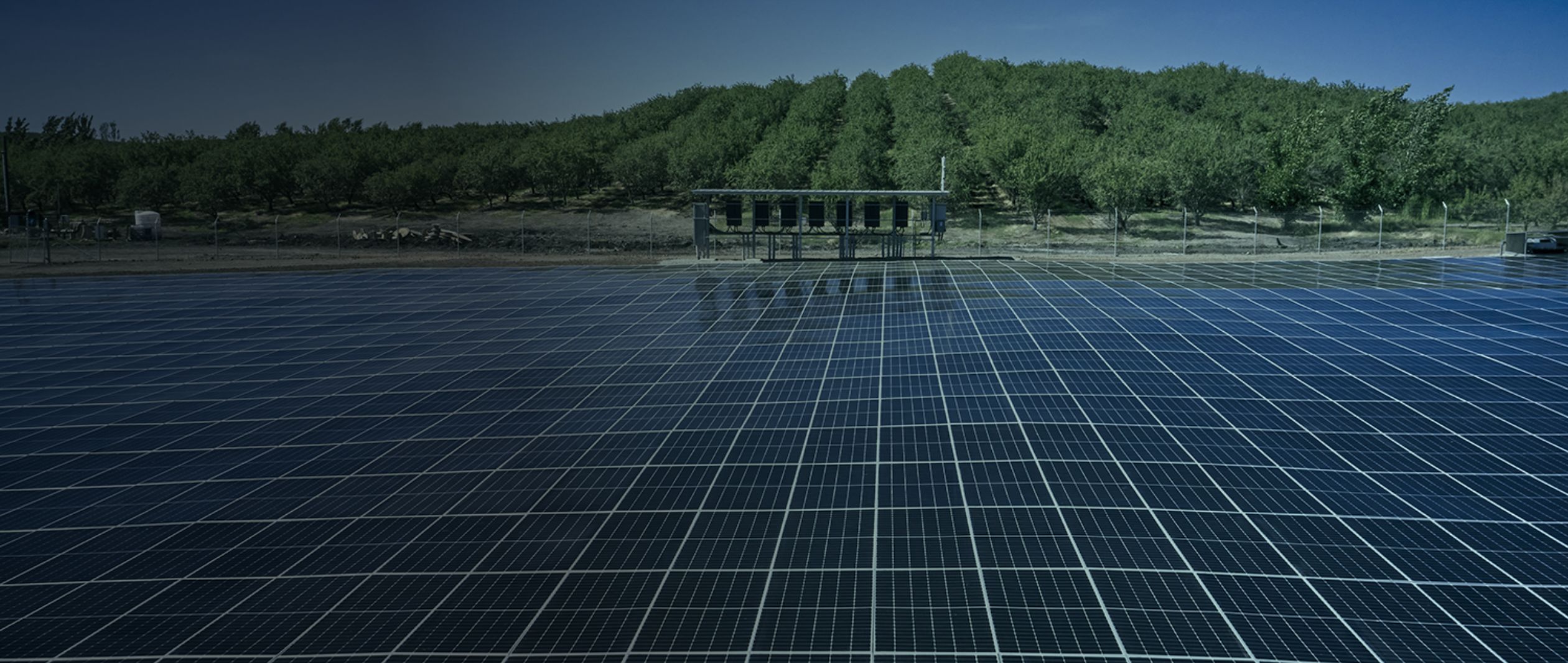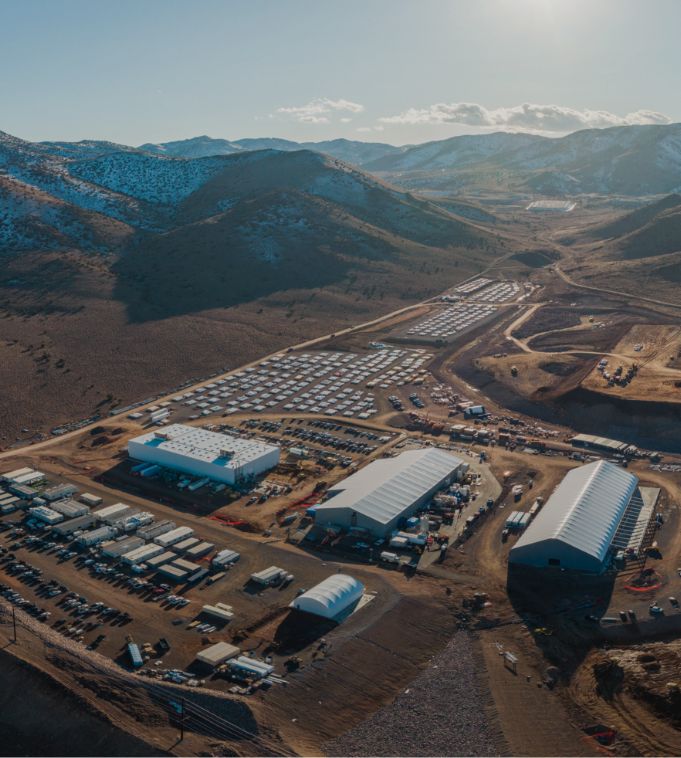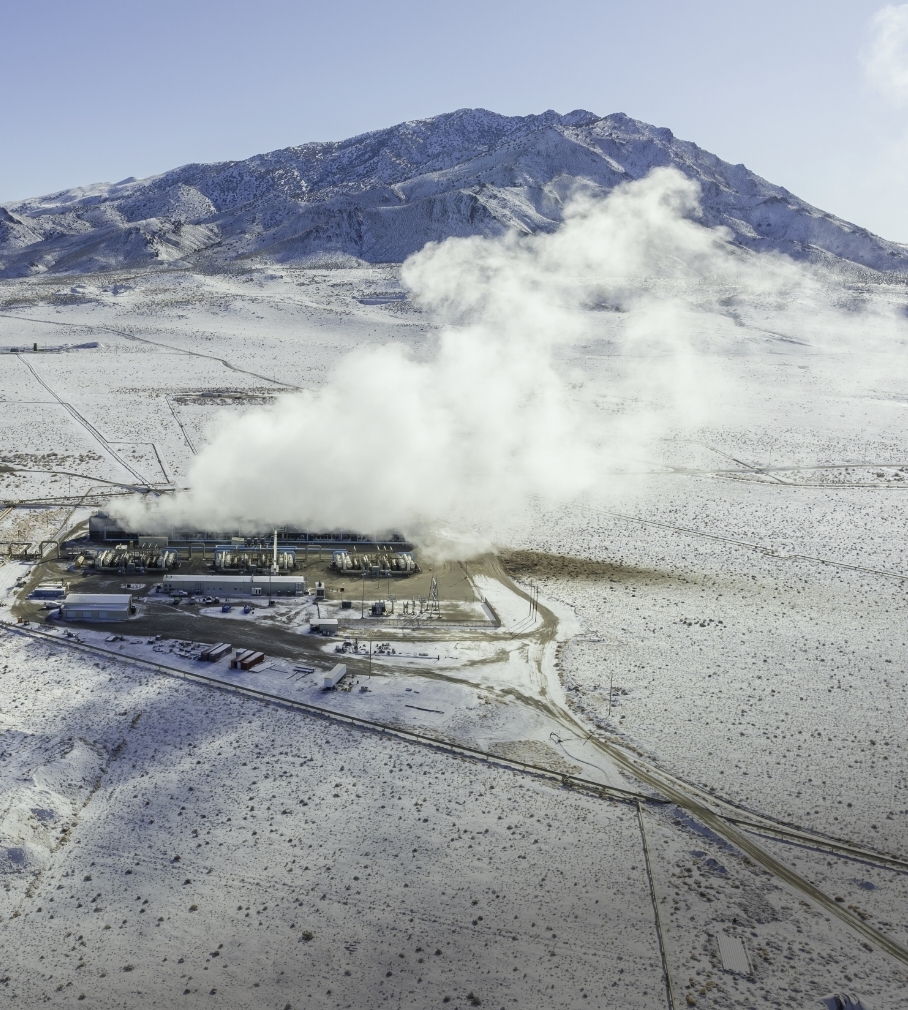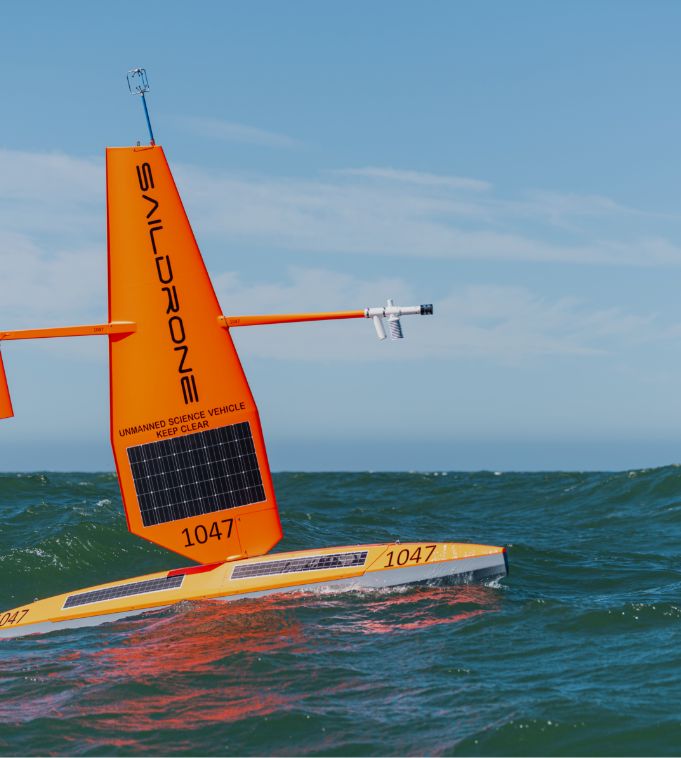
Technology Impact Funds
Leveraging our deep roots in Silicon Valley, the Technology Impact Fund and
Technology Impact Growth Fund are venture capital and growth funds which
invest in deep technology companies focused on climate solutions.
 Redwood Materials
Redwood Materials
 Fervo Energy
Fervo Energy
 Saildrone
Saildrone
TIF I and TIF II
TIF I





























Overview
Impact Thesis
Hydrogen is key to decarbonizing fuel and industry, and green hydrogen costs must decline significantly to enable rapid scaleup of production.


Overview
Impact Thesis
Fervo will expand geothermal production beyond limited hot spring areas to many new sites representing GW of capacity.


Overview
Impact Thesis
Form Energy’s batteries can discharge at rated power for over 100 hours, allowing for integration of 100% renewables into the grid.


Overview
Impact Thesis
Helion’s modular reactor is much smaller (~50 MW) than proposed Tokamak reactors. Helion is close to the critical combination of conditions required to exceed energy breakeven – a global first.


Overview
Impact Thesis
InSyte’s gas spectrometry sensor is small and power-efficient enough to be integrated into smartphones, consumer home electronics and industrial applications.

Overview
Impact Thesis
Joby Aviation aims to save a billion people an hour a day with best-in-class safety, energy efficiency, and low noise and cost.


Overview
Impact Thesis
Navitas’ GaN-powered chip can provide up to 40% increase in energy efficiency and a 3X increase in power density at a lower cost.
EXITED


Overview
Impact Thesis
Nuvia’s data center server chip could more than double the performance while cutting energy consumption.
EXITED


Overview
Impact Thesis
Raxium’s monolithic MicroLED technology increases display pixel density by >300X and increases brightness by >1000X.
EXITED


Overview
Impact Thesis
Redwood Materials can recover nearly all of the nickel, cobalt, copper, aluminum, lithium and graphite in a lithium-ion battery.


Overview
Impact Thesis
Saildrone is deploying 1,000 saildrones for global coverage, enabling realtime quantification of the planet’s heat and carbon budgets.


Overview
Impact Thesis
SPAN’s smart panel will enable rapid adoption of efficient and clean electrical devices in the home, from HVAC to EV charging.


Overview
Impact Thesis
A single SummerBio robotic diagnostic system can perform tens of thousands of COVID tests per day at a fraction of the current price.


Overview
Impact Thesis
Twelve provides for the reuse of captured CO2 for a circular carbon economy, as a key component in fuels and chemicals.

TIF II























Overview
Impact Thesis
Steel production accounts for 7% of total global carbon dioxide emissions per year.


Overview
Impact Thesis
Eridan’s technology shrinks equipment size and power required while enabling greater data transmission in existing frequency bands.


Overview
Impact Thesis
Erthos’ solar installations strongly reduce the use of steel, pilings and cabling and thus the costs and footprint of utility scale solar farms.


Overview
Impact Thesis
Magrathea’s technology secures a supply of low cost, low carbon metal and preserves our natural ecosystems by minimizing mining.


Overview
Impact Thesis
Native InGaN® technology will fundamentally reduce the energy consumption and size while increasing the brightness of AR/VR, display, lighting, and laser projection products.

Overview
Impact Thesis
Propel Aero’s innovative technology is designed to increase the efficiency and viability of electric air travel while limiting environmental consequences.

Overview
Impact Thesis
Seurat is transforming the way metal parts are manufactured by improving quality and flexibility while decreasing costs and reducing environmental footprint.


Overview
Impact Thesis
Summit Nanotech’s technology doubles yield, reduces GHG emissions, uses no fresh water, minimizes the use of chemicals, and cuts chemical waste by 90% compared to traditional processes.


Overview
Impact Thesis
TeraDAR’s novel sensors may prove disruptive to advanced driver assistance and autonomous driving systems, with additional groundbreaking applications in robotics, security and other industries.


Overview
Impact Thesis
Whisper Aero’s ultraquiet electric propulsor improves efficiency in an industry that is shifting towards electric and relies on limited battery lives.


Overview
Impact Thesis
Photonic quantum computers will solve important computational problems key to health and sustainability.

TIGF I
and TIGF II
TIGF I













Overview
Impact Thesis
Halio’s smart glass can reduce a building’s energy consumption by up to 10-20% across a range of climates and improve comfort inside.


Overview
Impact Thesis
Innovium’s Teralynx chips enable highest performance data center networks with over 2X performance per watt.
EXITED


Overview
Impact Thesis
Joby Aviation aims to save a billion people an hour a day with best-in-class safety, energy efficiency, and low noise and cost.


Overview
Impact Thesis
Planet’s satellites image the earth’s surface every day, creating global transparency and accountability for our natural and built environments.


Overview
Impact Thesis
QuantumScape accelerates the transition to EVs by cutting battery weight nearly in half. The solid electrolyte is also safer than flammable liquid electrolytes used in lithium-ion batteries.


Overview
Impact Thesis
SpaceX has launched over 2,000 satellites as part of its Starlink constellation with the aim of delivering universal internet access.

TIGF II



















Overview
Impact Thesis
Hydrogen is key to decarbonizing fuel and industry, and green hydrogen costs must decline significantly to enable rapid scaleup of production.


Overview
Impact Thesis
Erthos’ solar installations strongly reduce the use of steel, pilings and cabling and thus the costs and footprint of utility scale solar farms.


Overview
Impact Thesis
Fervo will expand geothermal production beyond limited hot spring areas to many new sites representing GW of capacity.


Overview
Impact Thesis
Helion’s modular reactor is much smaller (~50 MW) than proposed Tokamak reactors. Helion is close to the critical combination of conditions required to exceed energy breakeven – a global first.


Overview
Impact Thesis
Redwood Materials can recover nearly all of the nickel, cobalt, copper, aluminum, lithium and graphite in a lithium-ion battery.


Overview
Impact Thesis
Saildrone is deploying 1,000 saildrones for global coverage, enabling realtime quantification of the planet’s heat and carbon budgets.


Overview
Impact Thesis
Seurat is transforming the way metal parts are manufactured by improving quality and flexibility while decreasing costs and reducing environmental footprint.


Overview
Impact Thesis
SPAN’s smart panel will enable rapid adoption of efficient and clean electrical devices in the home, from HVAC to EV charging.


Overview
Impact Thesis
Twelve provides for the reuse of captured CO2 for a circular carbon economy, as a key component in fuels and chemicals.

*The portfolio investments identified do not represent all of the investments purchased, sold, or recommended for portfolios advised by the Firm. A full list is available upon request. The reader should not assume that all investments in the companies identified were or will be profitable. Past performance is not indicative of future performance.
Deep Impact with
Deep Tech
TIF & TIGF Impact Report I (Published 2021)

